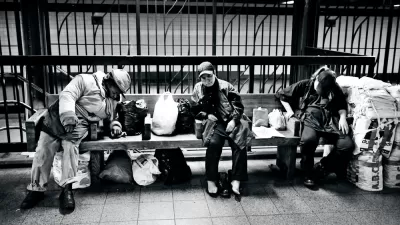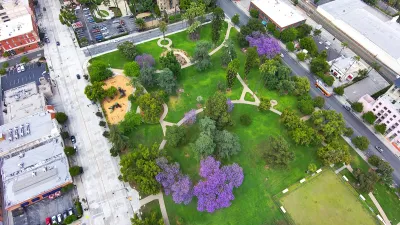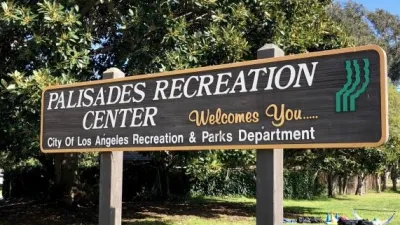The City of Los Angeles has settled in a case filed by a whistleblower alleging that it falsely certified homes in its HUD-funded affordable multifamily housing program as accessible by people with disabilities.

According to an article in Whistleblower Network News, the City of Los Angeles has agreed to pay $38.2 million to settle whistleblower allegations that it defrauded the U.S. Department of Housing and Urban Development by falsely certifying homes as accessible to people with disabilities for more than a decade. The suit was filed by a Los Angeles resident who uses a wheelchair and the Fair Housing Council of San Fernando Valley, a nonprofit disability rights advocacy group, reports Geoff Schweller.
The HUD grant the city used to fund construction and rehabilitation of homes in its affordable multifamily housing program mandated that recipients of federal housing development funds comply with federal accessibility laws. However, despite “failures like slopes that were too steep, counters that were too high, and thresholds that did not permit wheelchair access,” the federal government says the City of Los Angeles falsely certified to HUD that the properties were in compliance.
“By failing to make certain that HUD-funded multifamily housing was appropriately built or rehabilitated to meet federal accessibility requirements, the city discriminated against people with disabilities,” the article quotes HUD Inspector General Rae Oliver Davis as saying. Schweller reports that under the False Claims Act’s qui tam provisions, the whistleblowers are eligible to receive between 15-30 percent of the settlement, which has not yet been determined in this case.
FULL STORY: City of Los Angeles to Pay $38.2 Million over Whistleblower Allegations of Defrauding HUD

Alabama: Trump Terminates Settlements for Black Communities Harmed By Raw Sewage
Trump deemed the landmark civil rights agreement “illegal DEI and environmental justice policy.”

Planetizen Federal Action Tracker
A weekly monitor of how Trump’s orders and actions are impacting planners and planning in America.

Why Should We Subsidize Public Transportation?
Many public transit agencies face financial stress due to rising costs, declining fare revenue, and declining subsidies. Transit advocates must provide a strong business case for increasing public transit funding.

Understanding Road Diets
An explainer from Momentum highlights the advantages of reducing vehicle lanes in favor of more bike, transit, and pedestrian infrastructure.

New California Law Regulates Warehouse Pollution
A new law tightens building and emissions regulations for large distribution warehouses to mitigate air pollution and traffic in surrounding communities.

Phoenix Announces Opening Date for Light Rail Extension
The South Central extension will connect South Phoenix to downtown and other major hubs starting on June 7.
Urban Design for Planners 1: Software Tools
This six-course series explores essential urban design concepts using open source software and equips planners with the tools they need to participate fully in the urban design process.
Planning for Universal Design
Learn the tools for implementing Universal Design in planning regulations.
Caltrans
Smith Gee Studio
Institute for Housing and Urban Development Studies (IHS)
City of Grandview
Harvard GSD Executive Education
Toledo-Lucas County Plan Commissions
Salt Lake City
NYU Wagner Graduate School of Public Service





























